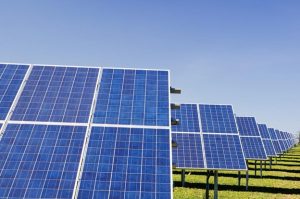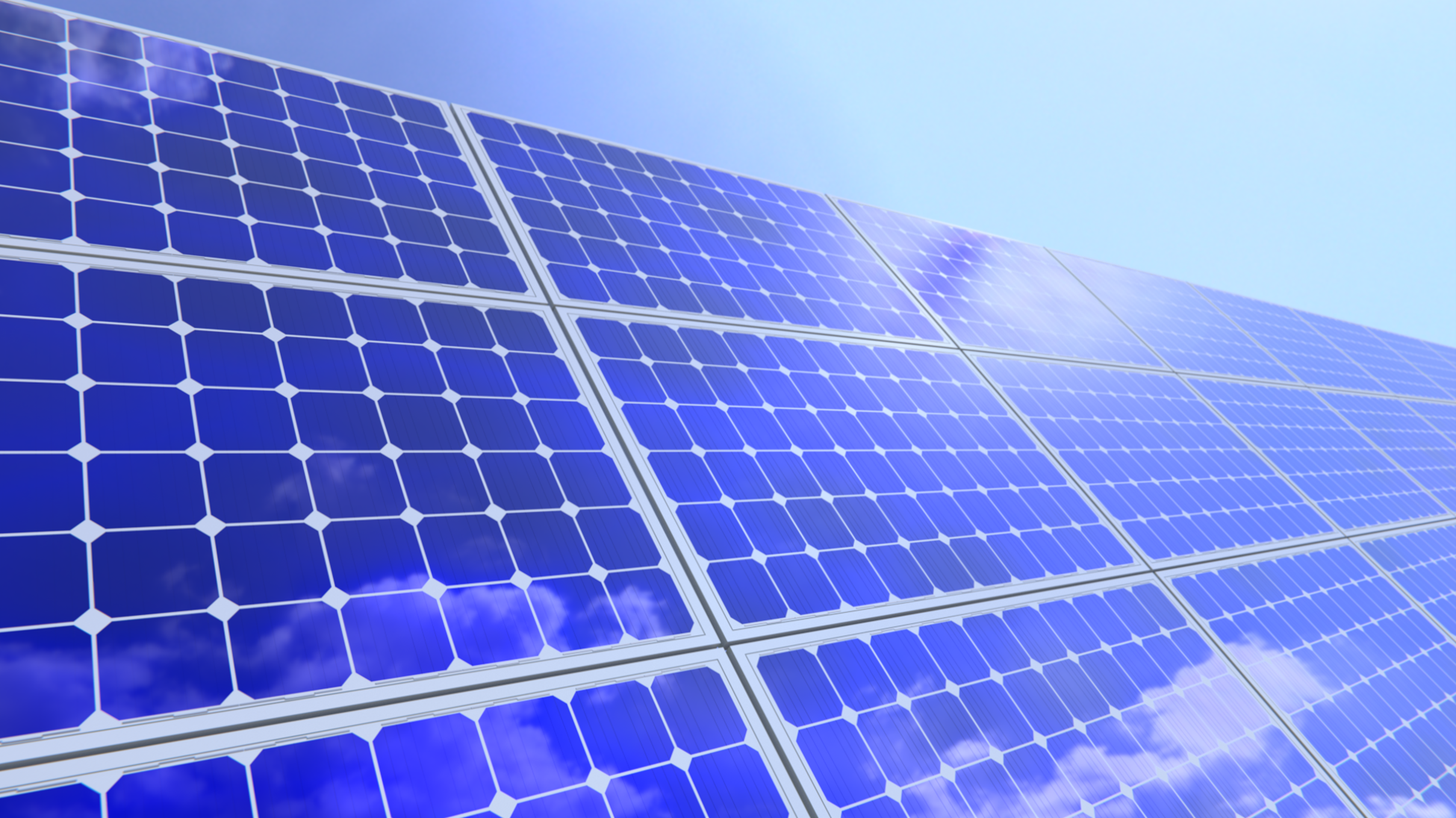As concerns about climate change and sustainability continue to rise, more and more people are turning to renewable sources of energy for their homes and businesses. Solar panels, also known as photovoltaic (PV) modules, harness the power of the sun to generate electricity. They can be installed on rooftops or in open spaces, providing a clean and renewable source of energy for various purposes. In this guide, we will provide you with all the necessary information you need to know before embarking on your journey towards installing solar panels.
How Do Solar Panels Work?
Solar panels work by converting sunlight into usable electricity. This is made possible through the use of photovoltaic cells, which are made up of layers of silicon and other conductive materials. These cells absorb photons from the sun’s rays, causing electrons to be released and creating an electric current. According to SungainSolar, solar panels boast a lengthy lifespan and minimal maintenance requirements, making them a reliable long-term investment for renewable energy production. This process continues throughout the day as long as there is sunlight available, providing a consistent source of clean energy for your home or business.
Choosing the Right Location for Your Solar Panel Installation
The ideal location for a solar panel installation is an area that receives maximum sunlight exposure throughout the day. This can be on your rooftop or in an open space without any obstructions such as trees or buildings. The angle and orientation of the panels should also be considered to optimize their efficiency. It’s best to consult with a professional solar installer to determine the best location for your specific property, taking into account factors such as shading and roof structure. Choosing the right location will ensure that your solar panels can generate maximum energy output and provide you with the best return on investment.
Types of Solar Panels: Which One is Best for You?
There are several types of solar panels available on the market, each with its own advantages and disadvantages. The most common type is monocrystalline panels, which have a higher efficiency but come at a higher cost. On the other hand, polycrystalline panels are more affordable but have a slightly lower efficiency. Thin-film solar panels use less silicon and are lighter in weight, making them easier to install. Bifacial panels are also gaining popularity as they can absorb sunlight from both sides, increasing their energy output.
The Importance of Proper Maintenance and Care for Solar Panels
Like any other investment, proper maintenance and care are essential to ensure the longevity and efficiency of your solar panel system. Regular cleaning and inspection can help remove any dirt or debris that may be blocking sunlight from reaching the panels. Check for any damage or defects in the panels, wiring, or connections that could affect their performance. In addition, trimming nearby trees or plants can prevent shading and maximize energy production. Consulting with a professional solar installer for regular maintenance checks is recommended to ensure your system is running at its best. Proper care not only extends the lifespan of your solar panels but can also save you money in the long run by avoiding costly repairs.
Financial Aspects of Installing Solar Panels
While the initial cost of installing solar panels may seem daunting, there are various financial aspects to consider that can make it a worthwhile investment. The costs of solar panel systems have significantly decreased in recent years, making them more affordable for homeowners and businesses. Solar panels can lead to significant savings on electricity bills as they produce their renewable energy. There are also various government incentives and tax credits available for those who install solar panels, further reducing the overall cost of installation. Research and compare different options to find the best financial plan for your specific needs and location.

Environmental Benefits of Using Solar Energy
Apart from the financial benefits, using solar energy also has a positive impact on the environment. Solar panels produce clean and renewable energy without emitting any harmful pollutants or greenhouse gases into the atmosphere. This reduces our reliance on fossil fuels and helps to combat climate change. By choosing to install solar panels, you are contributing to a more sustainable future for generations to come. You can also track your system’s carbon footprint reduction and proudly be part of the movement towards a greener planet.
Installing solar panels is a smart decision for both financial and environmental reasons. With the decreasing costs and various incentives available, it’s becoming a more accessible option for homeowners and businesses alike. By understanding how solar panels work, choosing the right location and type of panels, properly maintaining them, and considering the financial aspects, you can make an informed decision about installing solar panels on your property.

